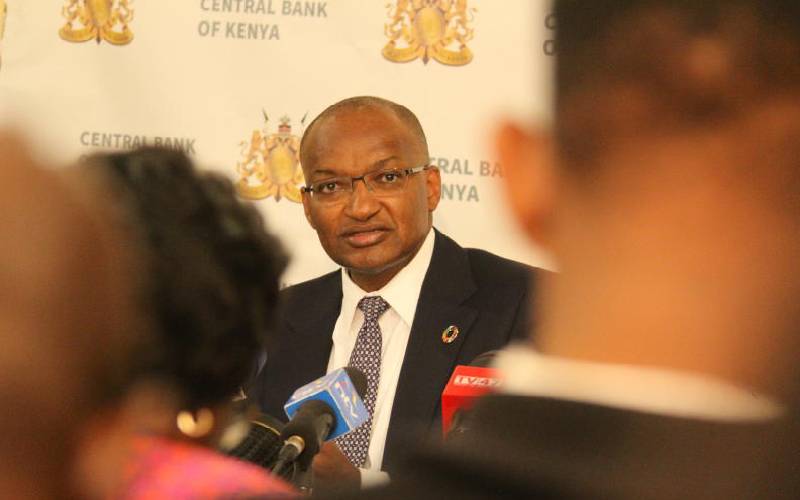×
The Standard e-Paper
Stay Informed, Even Offline

Opus Dei, an organisation run by the Roman Catholic Church under which the Central Bank of Kenya (CBK) Governor Patrick Njoroge belongs, means “Work of God” in Latin.
Going by his prelate’s teachings, Dr Njoroge, 58, must believe that in the last four and half years that he has been at the helm of the apex bank, he has been doing nothing but God’s work - serving the people of Kenya.